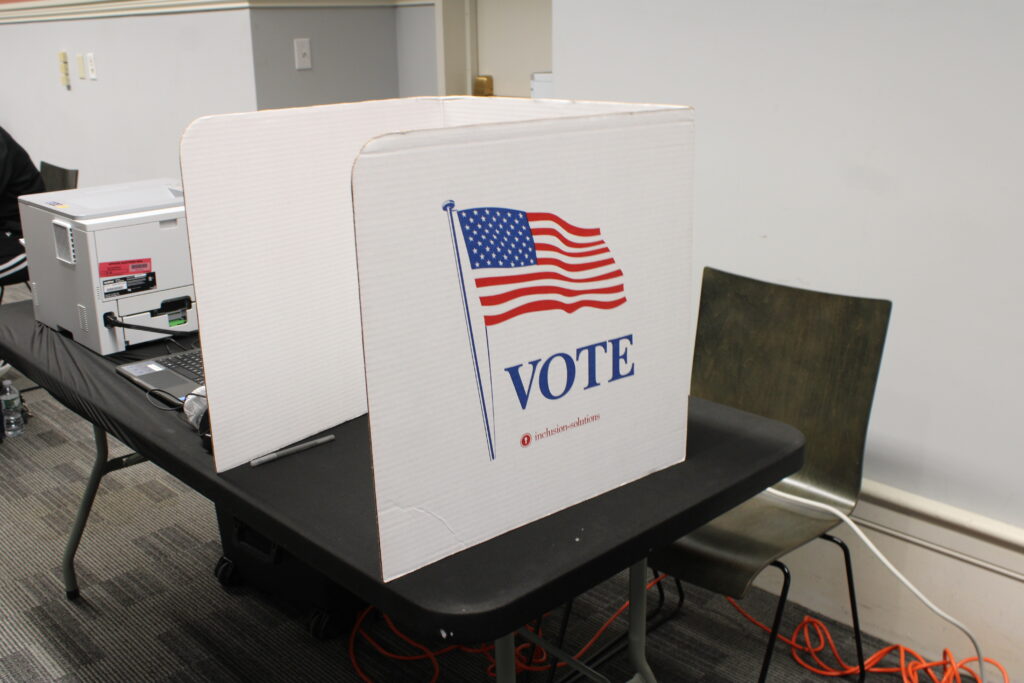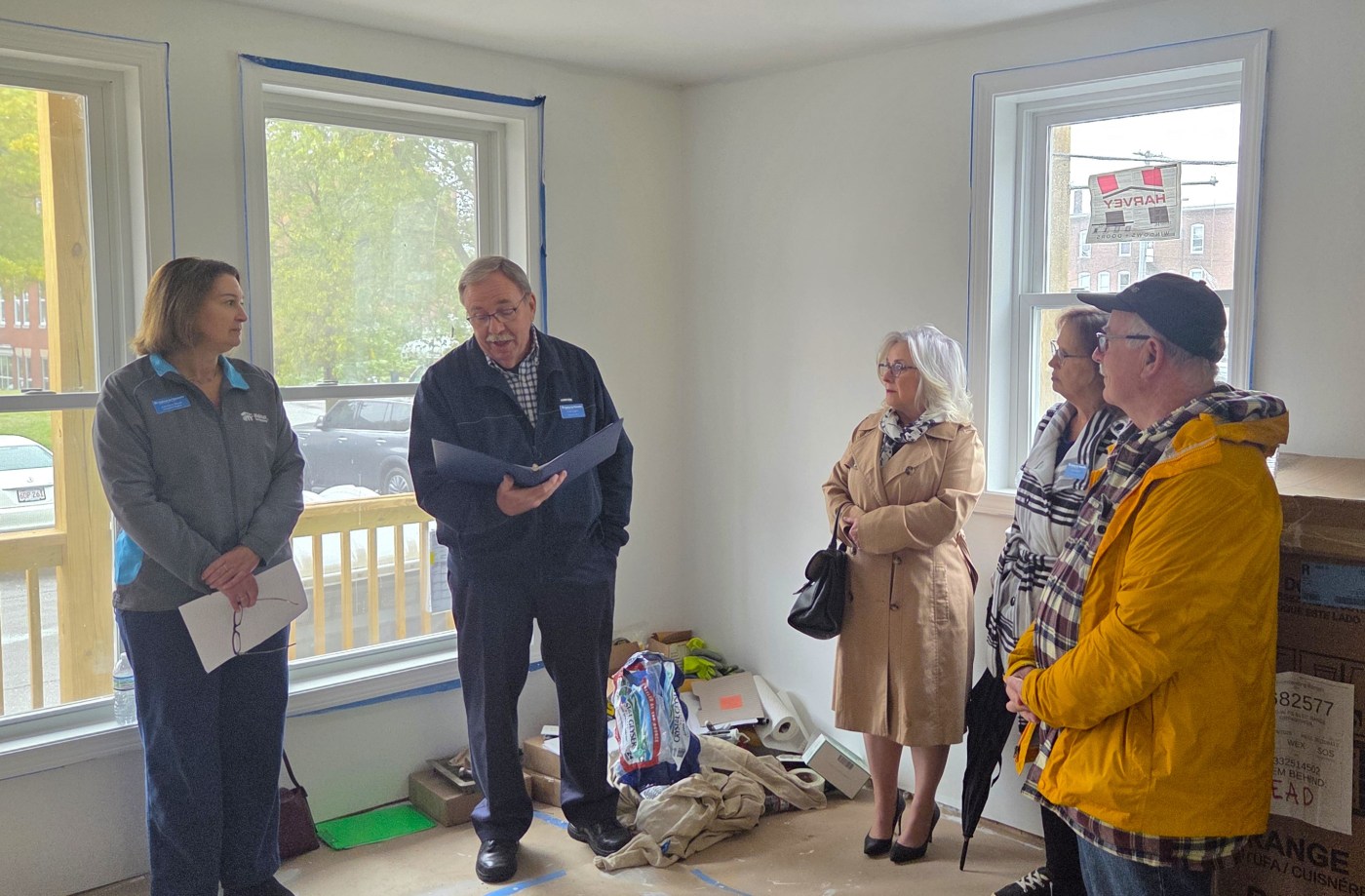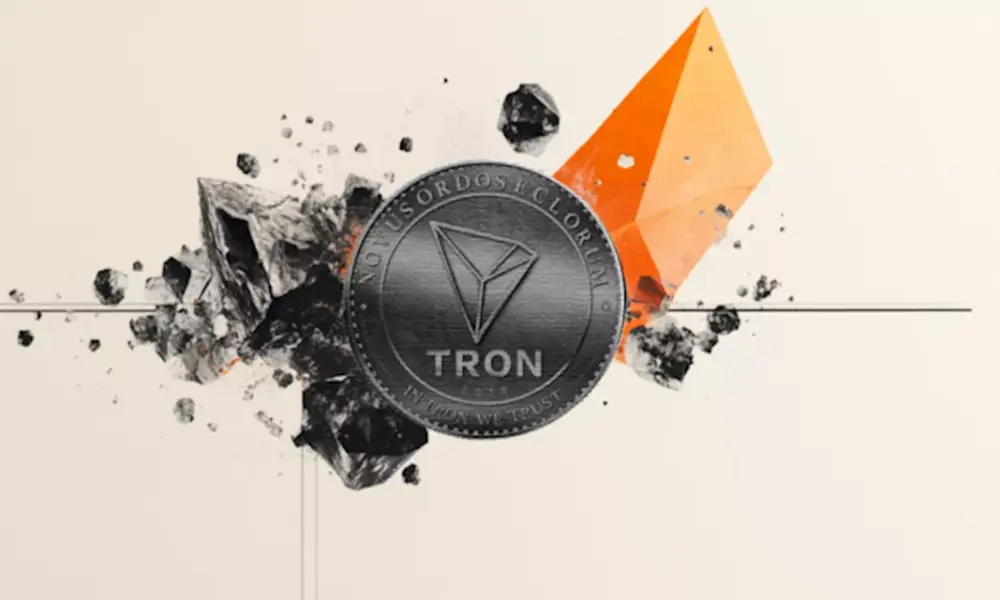UPDATE: New Haven is facing a lackluster election cycle, with only seven contested alder seats out of 30 as the city gears up for its municipal elections. Incumbent Mayor Justin Elicker is largely unchallenged against Republican candidate Steve Orosco, leading to concerns about voter engagement.
Early voting has just begun, with 928 residents casting their ballots as of Thursday afternoon, marking the first opportunity for New Haveners to vote early. However, experts warn that the absence of competitive races could lead to low voter turnout, reminiscent of previous municipal elections where participation fluctuated between 23% and 30% in recent years.
Political analyst Douglas Rae emphasized the predictability of New Haven’s electoral landscape, stating, “Elicker is a comfortable incumbent.” He noted that unless a significant blunder occurs, the likelihood of an upset seems minimal. This sentiment is echoed by Patricia Rossi, president of the New Haven League of Women Voters, who pointed out that “none of the races are considered particularly competitive,” contributing to a lack of motivation among voters.
With the upcoming election set to take place on November 7, 2023, the city’s political climate remains stagnant. The early voting figures highlight a growing trend; the total number of active voters in New Haven has surged by 17% since the last municipal election, reaching 61,764 — the highest in a decade. However, without competitive races, residents may not feel compelled to participate.
The political culture in New Haven has evolved, with some civic leaders like Leslie Radcliffe suggesting that incumbents may be “taking things for granted.” Currently, only three incumbents face challengers, with the rest of the races seeing minimal engagement. Radcliffe noted that candidates are “not throwing rocks, they’re not being loud,” reflecting a deeper sense of apathy among voters.
Rossi lamented the low voter turnout, stating many residents underestimate the importance of municipal elections. “People don’t understand what’s at stake,” she explained. “Who the mayor is, who your alder is affects your daily life — from parks to public transit.”
Comparatively, other Connecticut cities have also reported low turnout. In the 2023 municipal election, only under 25% of registered New Haven voters participated, significantly lower than the turnout in suburban towns like New Canaan and Greenwich, where participation exceeded 50%. Rossi attributes this gap to greater accessibility in suburban voting compared to urban settings.
As the election approaches, underlying issues such as housing, gentrification, and local development remain unresolved. Rae highlighted that discussions regarding zoning and regulations for downtown business districts are “not discussed in any dramatic way,” yet they are crucial for the city’s future.
The looming shadow of Donald Trump also plays a role in this election cycle, as Elicker positions his campaign against the backdrop of the former president’s policies. Elicker has joined multiple lawsuits against the Trump administration, aiming to draw a clear contrast in values.
As New Haven prepares for the election, the question remains: Will the quiet atmosphere translate into a disengaged electorate? With critical local issues on the line, time will tell if residents will rise to the occasion and make their voices heard.
Stay tuned for more updates as the election draws closer.







